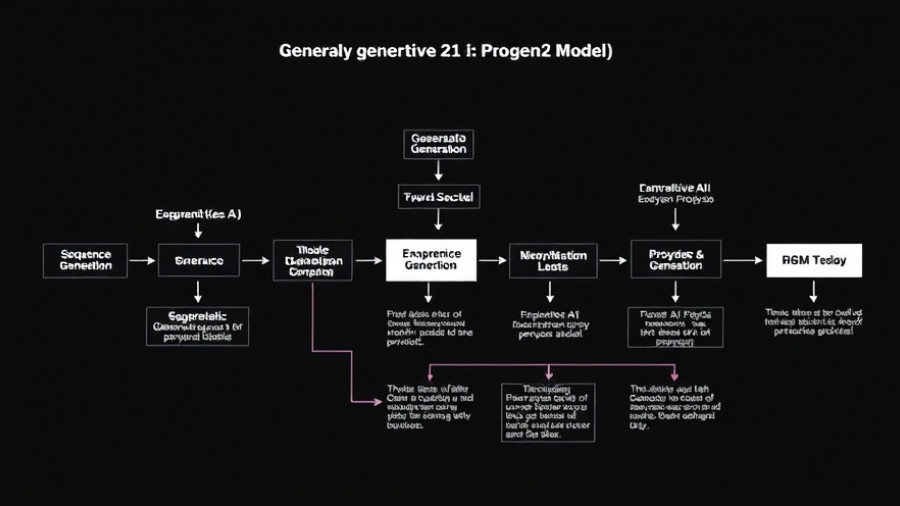
Unlocking Enzyme Diversity: The Role of Generative AI
In today's rapidly evolving biotechnology landscape, the quest for novel enzymes has taken an innovative turn with the rise of generative artificial intelligence (AI). Metagenomi, a pioneer in developing therapeutic solutions using CRISPR gene editing, has harnessed the power of generative AI to create millions of unique enzyme variants through AWS Inferentia. This cutting-edge approach not only enhances the diversity of high-value enzymes but does so in a cost-effective manner, utilizing advanced protein language models (pLMs).
Cost-Effective Workflows with Cloud Technology
The implementation of Progen2 on AWS Inferentia showcases a significant breakthrough in protein design workflows. By transitioning to AWS Batch and EC2 Spot Instances, Metagenomi achieved a reduction in operational costs by up to 56%. This financial efficiency frees up resources to explore a broader array of enzyme candidates, vital for applications that demand enhanced stability, specificity, and efficacy in human cells.
The Power of Protein Language Models
Generative AI utilizes extensive databases like Metagenomi’s MGXdb to train pLMs on known enzymes, enabling the generation of a vast number of predicted enzyme variants. This paradigm shift is crucial; whereas traditional methods required significant time and resources for enzyme discovery, generative models now allow for high-throughput generation, marking a dramatic acceleration in enzyme engineering.
Optimizing AI Performance with AWS Inferentia
Metagenomi's choice to implement Progen2, an autoregressive transformer model, on EC2 Inf2 instances illustrates the convergence of AI and cloud computing. By employing a tracing and bucketing technique, the team ensured model performance optimization, which is pivotal for maintaining accuracy while minimizing inference time. This technical advancement emphasizes how AI, combined with powerful computational infrastructure, can lead to superior outcomes in biotechnology.
The Future of Enzyme Discovery and Applications
The implications of these innovations extend far beyond enzyme creation. As generative AI continues to refine its capabilities, it may enable the design of enzymes for novel industrial applications, potentially transforming sectors such as pharmaceuticals, agriculture, and environmental management. The future of enzyme engineering looks promising, driven by the intersection of AI and biotechnology.
Conclusion: Embracing the AI Revolution
As we look ahead, the ongoing integration of generative AI and cloud computing technologies will undoubtedly redefine enzyme design, presenting new opportunities for research and industry alike. Metagenomi exemplifies this forward-thinking approach, proving that with the right tools and technologies, the possibilities for discovery are virtually limitless.
 Add Row
Add Row  Add
Add 




Write A Comment